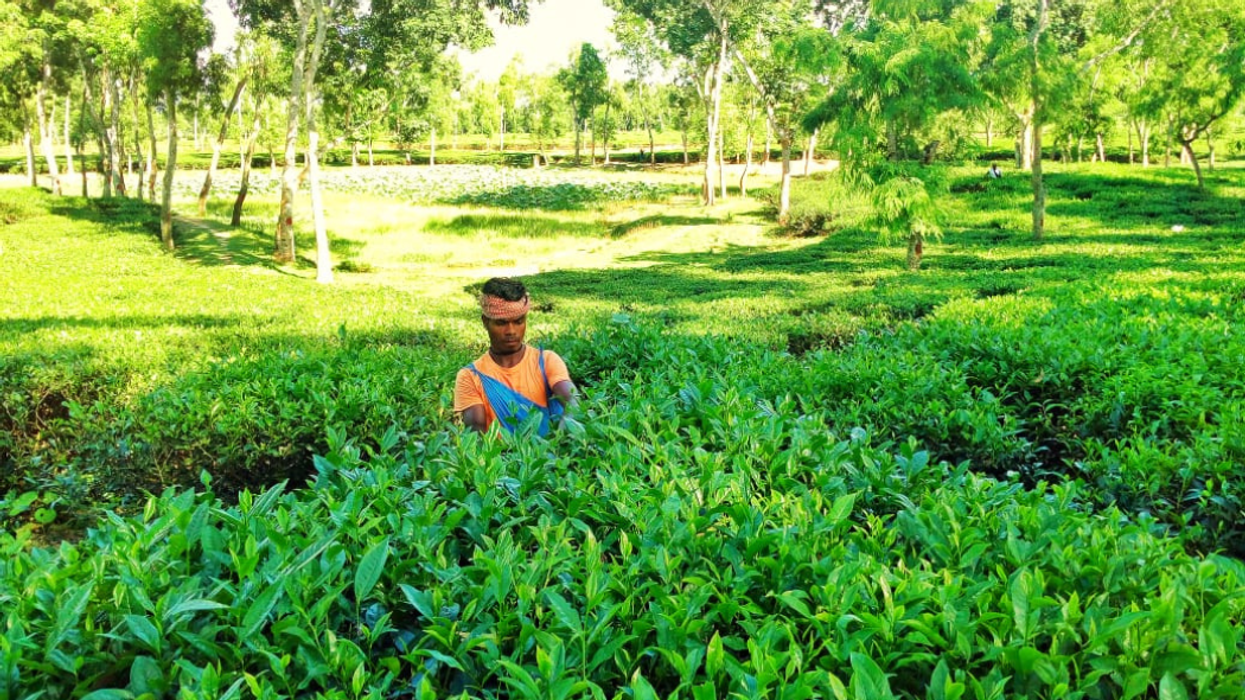Leprosy is a persistent problem in the tea-growing area of Moulvibazar District, Sylhet, where leprosy management has been neglected for many years, due to poorly funded and under-equipped health system structures. Poor case detection and the lack of early treatment have led to an increase in disabilities caused by leprosy, which in turn has a significant impact on people’s emotional well-being and ability to maintain employment.
Bangladesh is the world’s ninth-largest tea producer. There are about 100,000 registered workers and 30,000 seasonal workers in 167 tea estates. The total number of tea workers and their families is estimated to be around 500,000.
Lepra’s new Community Health and Inclusion (CHAI) project is addressing the needs and gaps in health care provision in this particularly vulnerable group and increasing access to vital health and support structures, helping to improve the lives of people affected by leprosy within the district. The project is funded by investment company, Baillie Gifford who have previously funded Lepra’s mental health projects in Bangladesh.
The COVID-19 pandemic and strict nationwide lockdown exposed the vulnerability of some of the country's poorest and most marginalised communities. The tea workers faced a grim situation as they had no money to buy food when the pandemic struck. Food prices also increased during this time.
Bangladesh’s strict lockdowns forced the workers into even more severe conditions, and many people fell sick due to poor levels of nutrition. Many of the people affected by leprosy, with ulcers and other problems, were unable to visit hospital for follow-up due to lockdown and economic hardship.
The CHAI project, over 12 months aims to work directly with 240 people with the most immediate need and provide group information and awareness sessions to 12,960 people, as part of a leprosy prevention and early case detection and treatment campaign. Through the provision of specialist protective footwear, training in vital self-care techniques, and the creation of 24 new community groups, the CHAI project will create a more resilient support structure for people affected by leprosy and gives this neglected community a powerful voice that can no longer be ignored.




